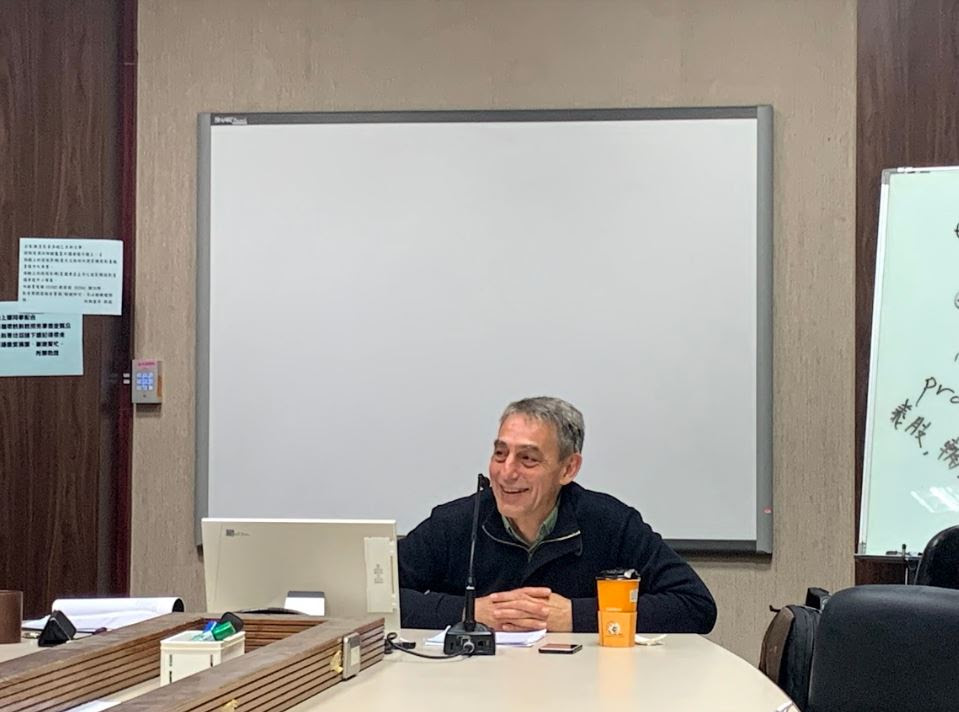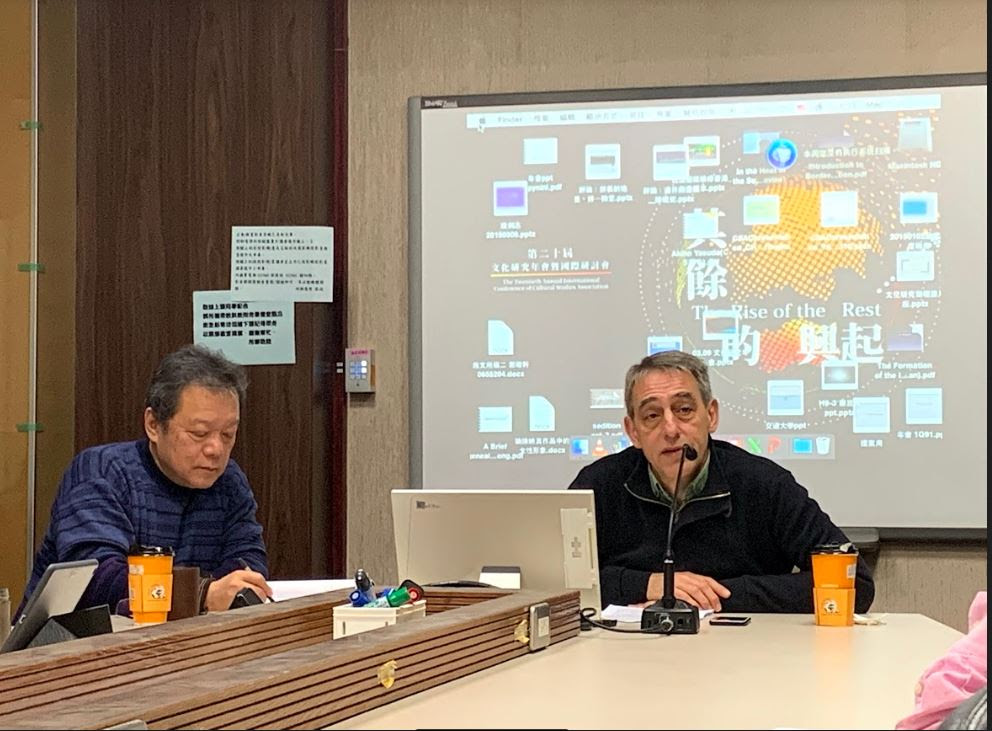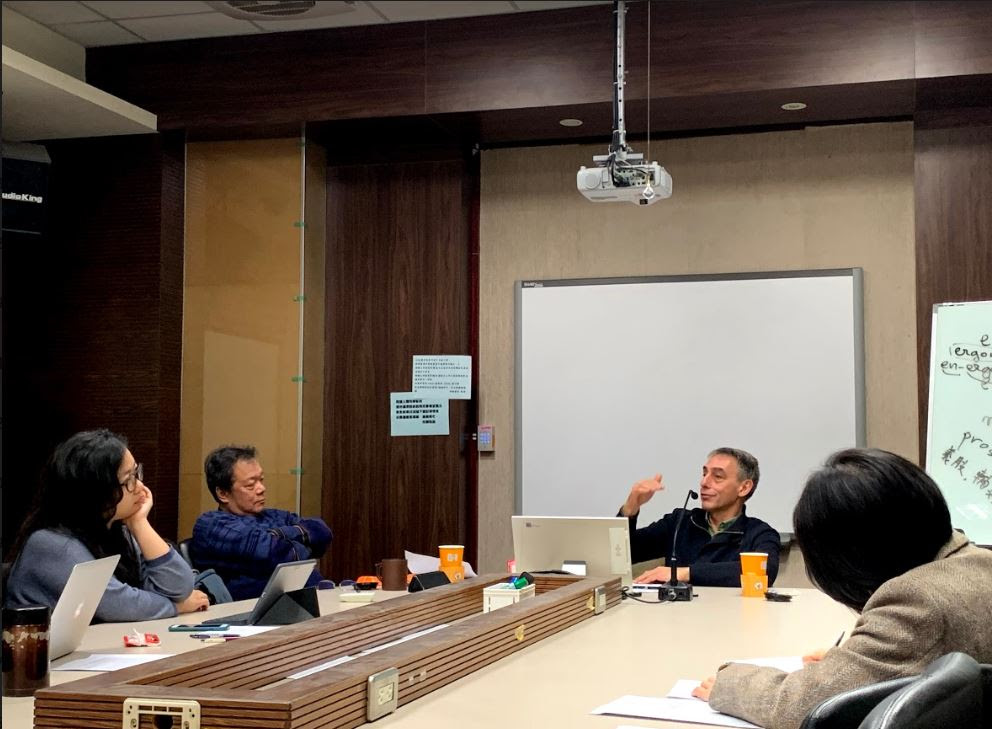

側記 Revisiting the Dialectic Relationship of Fun and Seriousness: Notes on Prof. Paul Ballanfat’s Lecture “‘I would rather be a satyre than a saint’: Irony in the Edge of Globalized Comfort”
2019-03-19
Revisiting the Dialectic Relationship of Fun and Seriousness: Notes on Prof. Paul Ballanfat’s Lecture
“‘I would rather be a satyre than a saint’: Irony in the Edge of Globalized Comfort”
In his lecture “‘I would rather be a satyre than a saint’: Irony in the Edge of Globalized Comfort”, Prof. Paul Ballanfat revisits the apparently dialectic relationship of fun and seriousness. He distinguishes a “dialectic” relationship from an “agonistic” relationship. In a dialectic relationship, there is a possibility for decision and solution. In contrast, in an agonistic relationship, the contradiction is impossible to be overcome.
Prof. Ballanfat argues, in Greek mythology, gods were in a system of transforming, rather than dying. They lived in a pleasurable, thus funny, life. In order to make death serious, there was the need to create some serious gods, such as the God of Hell, as a model to live. When death was made serious, it also gave politics or the state authority to decide the matter of live or dead, and the right to execute. A “saint”, in this context, was someone accepting and willing to die, and to restore humanity through death. Thus, a saint was someone taking life seriously.
For centuries, Prof. Ballanfat argues, death has been regarded as something horrible, not funny, while staying in life was regarded as something much more important. Yet euthanasia has proposed an alternative understanding that death is no longer regarded as horrible. Prof. Ballanfat summarizes, euthanasia can be understood as that one’s life is no longer funny and that it may have more fun if one can die now. Thus, death is no longer as efficient as before.
For many years, Prof. Ballanfat suggests, working was a form of torture. The concept of work gradually changed and began to be associated with production from the modern period. Working is not only understood as an object, but also as a self-production. Prof. Ballanfat questions, what happens if there is no nature and no goal, such as progress and being more human through work, anymore? If work is not defined by production, what else can still be produced? Prof. Ballanfat suggests, now, we can no longer make the distinction between fun and work, and between fun and seriousness.



近期新聞 Recent News


